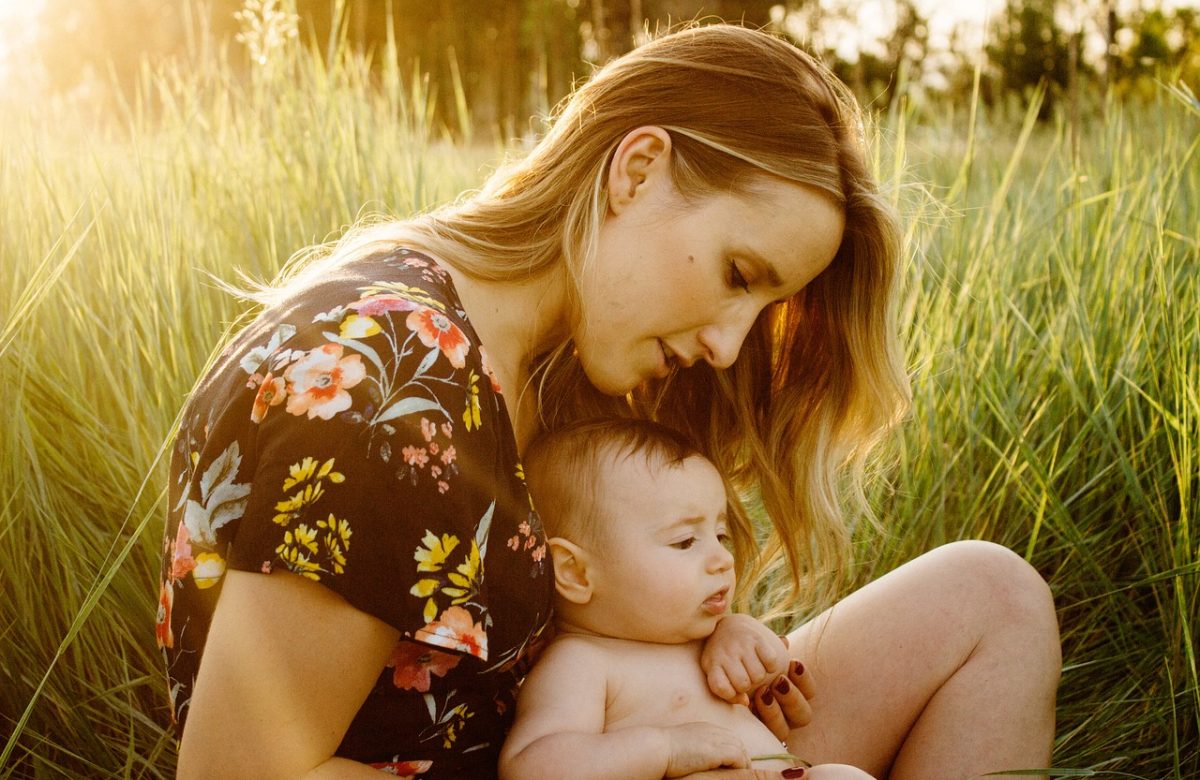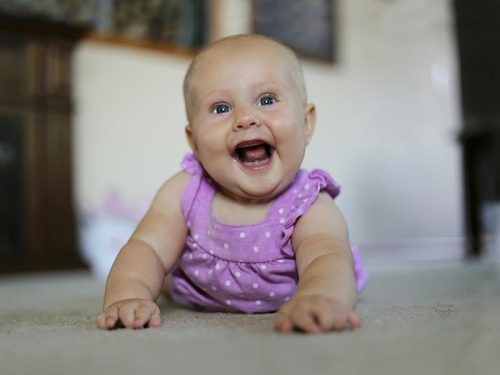
Every time a baby whines, we immediately stand on our feet and find means to soothe them. Are parents too ready to give in to their baby’s wants? The thought of disciplining an infant is just so hard after all they are just tiny helpless humans?
According to experts, disciplining can start as early as infanthood. There is nothing wrong with parents to get rattled or worry about everything with regards to the baby’s feeding, soothing and sleeping needs because of the belief that getting into a bad routine or pattern early in life will hinder progress in the long run. These expectations of parents are countered by Dr. Carrie Warner, an associate professor of psychology at William Paterson University. She states that by being too responsive to the baby’s needs, parents might be setting their child for failure later on. She gave out few instances where it is best not to smother the baby with parental concern.
Picking the baby immediately when she cries
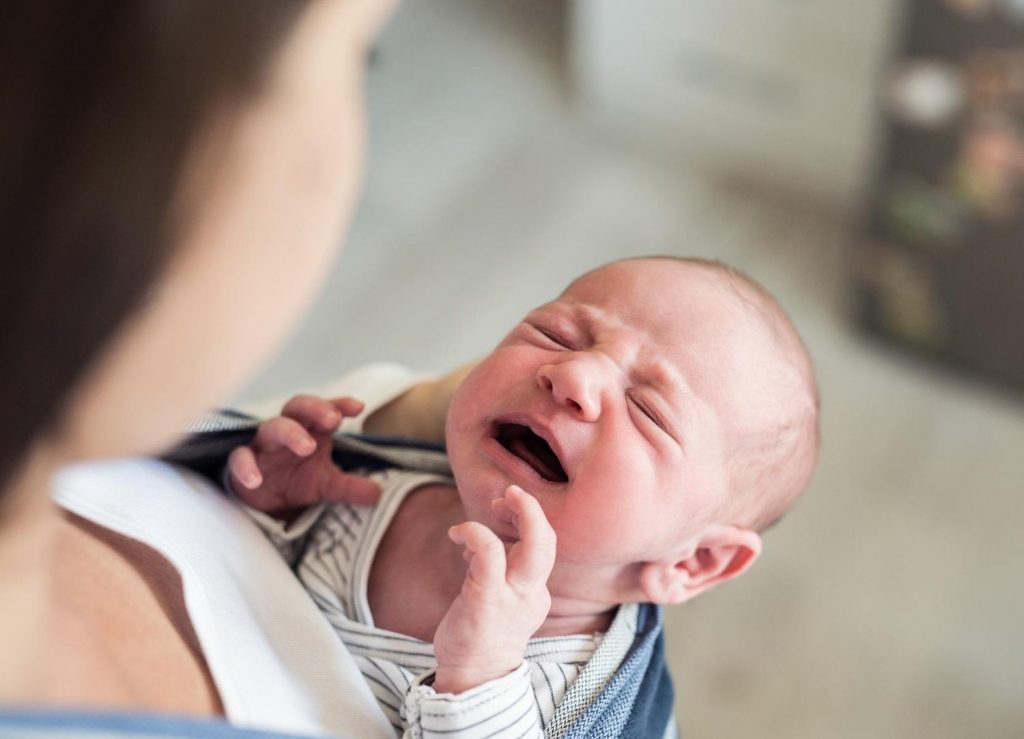
This is recommended for the first three months of the baby’s life because she needs to feel secure and taken care of through which she starts to develop the concept of trust. Responding to the cries and cues will foster trust. After three months old, you can wait a little longer to see if she will calm down on her own or play her favorite song or hum. As she grows, provide her opportunities to self-soothe. At the age of 9 months, she will identify that wailing will get her the attention she desires don’t give in to this tactic immediately. Assess the situation whatever her needs are legitimate or just looking for comfort. Independent sleeping should also be encouraged. It is best to talk to her softly or to wave other than carrying the baby right away when she cries.
Excessive use of pacifiers
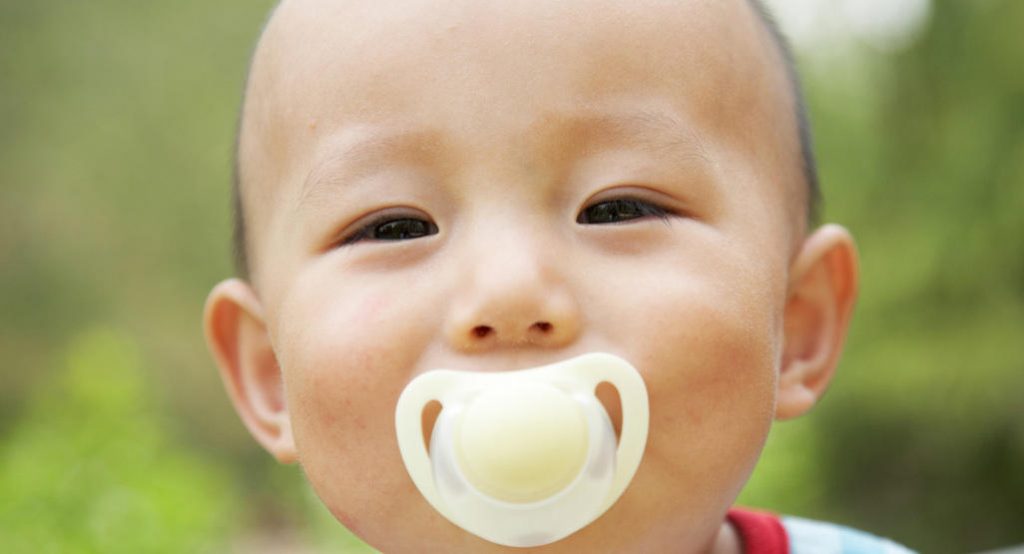
The American Academy of Pediatrics does not recommend the use of a pacifier at night after one-month-old to reduce the risk for sudden infant death syndrome (SIDS). Sumi Sexton, MD, and Ruby Natale, PhD, PsyD, wrote that “potential complications of pacifier use, particularly with prolonged use, include a negative effect on breastfeeding, dental malocclusion, and otitis media.” Also, the usage of pacifiers is not recommended by experts to use as a stop-cry technique in which every time, the baby is crying the pacifier will be pop into her mouth. It is appropriate to determine the cause of her crying and fussiness. For example, if she’s hungry, give her food. As time goes by, she wouldn’t have the urge to suck that much; by nine months, give the child the chance to settle down on her own.
Rocking her to sleep
Darcia Narvaez, PhD, wrote that “rocking helps a baby accomplish many of the things they can’t physically do on their own.” This habit is perfectly fine in the first three months of the baby since she is not capable of self-soothing, but between 3 to 6 months, it is best to wean her off the need for rocking to sleep. An associate director of Sleep Center at the Children’s Hospital of Philadelphia shared that the baby needs to sleep on her own to develop healthy sleeping habits since; eventually, she will be able to sleep with or without you.
Giving older babies bites of adults’ snacks
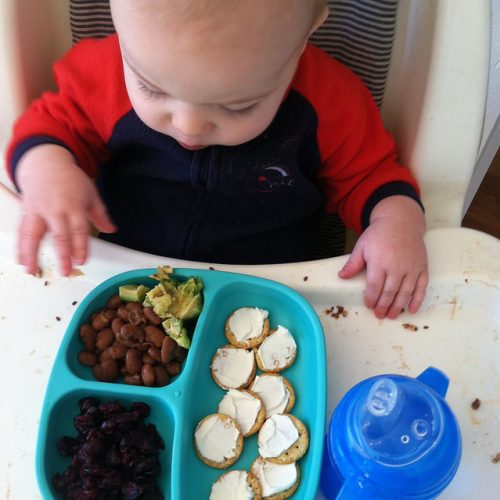
This habit is appropriate if you are nibbling on healthy and safe food and when the baby is eating well during proper mealtimes. It is normal for babies to want to eat if there’s food in front of her. Make sure not to encourage poor eating habits by indulging her in sugary and processed food. David Ludwig, MD, wrote, “Sugar overload may prevent their taste buds from maturing. Kids won’t develop the ability to appreciate, let alone eat, a variety of foods.”
